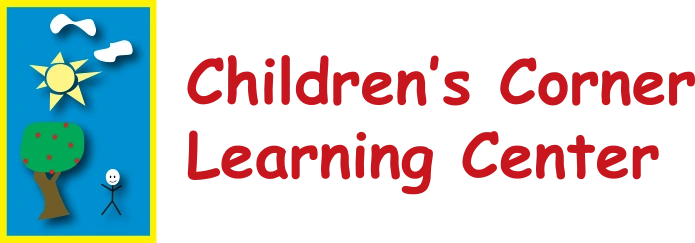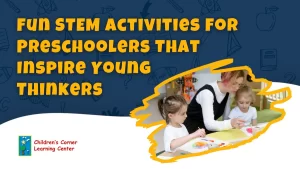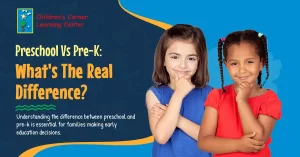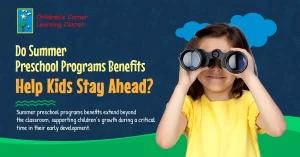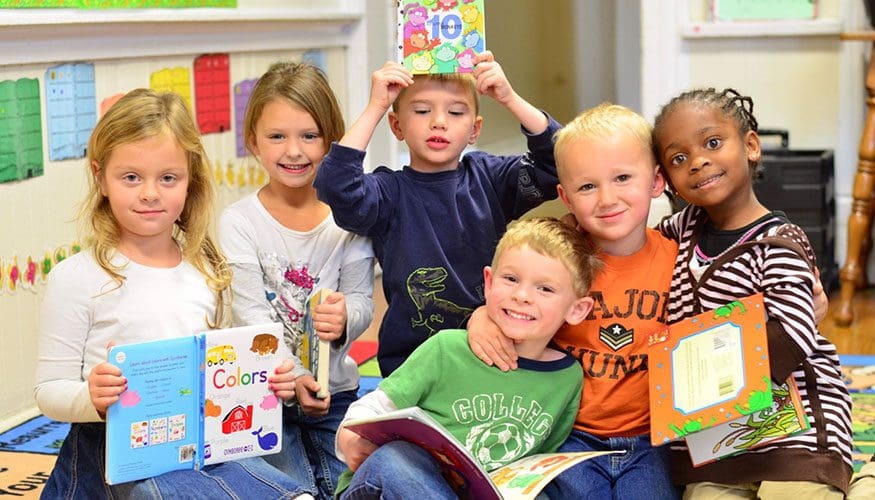Pre-K programs play a vital role in preparing children for kindergarten by fostering early learning, social skills, and independence. Choosing the right program can shape your child’s academic foundation and confidence, making it essential to find one that meets their developmental needs.
The best pre-K programs offer a nurturing environment, engaging curriculum, and caring teachers who support each child’s unique growth. From structured learning activities to creative play, the right program helps build essential skills while ensuring children feel safe and excited to learn. By understanding what to look for in a program, you can ensure your child gets the best start to their educational journey.
Prekindergarten Programs: Understanding the Basics
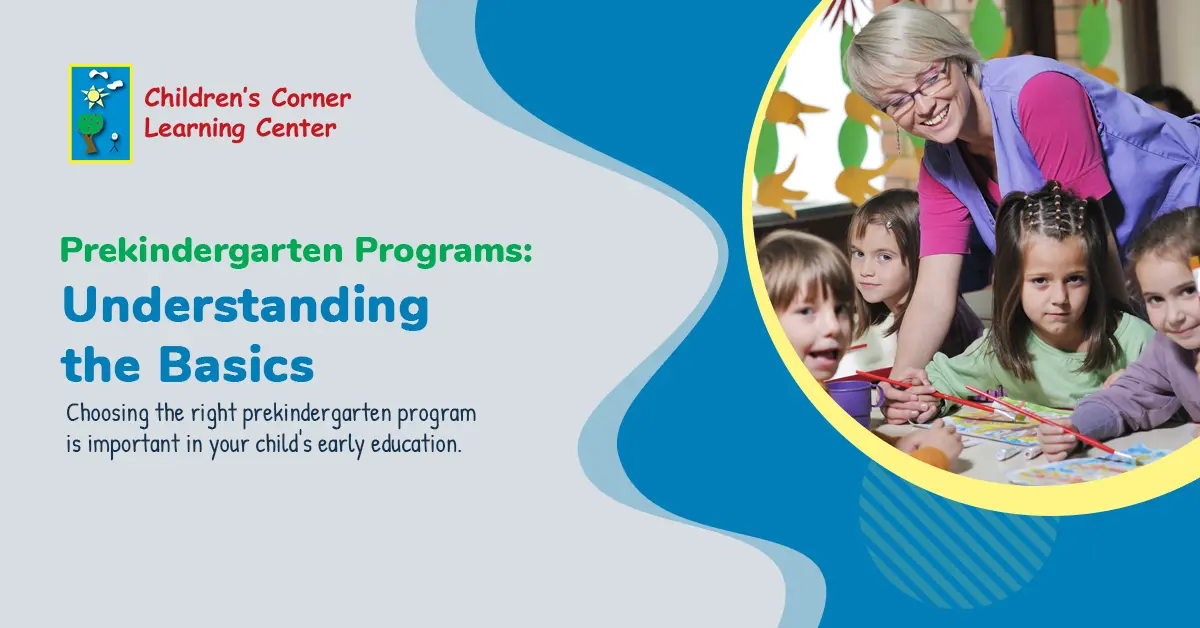
Choosing the right prekindergarten program is important in your child’s early education. These programs help build essential academic, social, and emotional skills, ensuring a smooth transition to kindergarten. Understanding what pre-K offers, its key benefits, and whether your child is ready can help parents make an informed decision.
What Prekindergarten Programs Offer
Pre-K programs provide a structured yet engaging environment where children explore learning through play, group activities, and guided instruction. These programs go beyond simple childcare by fostering cognitive and emotional development in young learners.
Some of the key elements of a strong prekindergarten program include:
- Early academic skills: Children are introduced to numbers, letters, and problem-solving in an age-appropriate way.
- Social development: Activities encourage sharing, cooperation, and communication with peers and teachers.
- Creative expression: Arts, music, and imaginative play allow children to develop creativity and self-expression.
- Motor skill growth: Physical activities help improve coordination, balance, and overall motor development.
- Emotional support: Teachers help children understand emotions, develop patience, and build confidence.
By incorporating these components, prekindergarten programs set the foundation for a lifelong love of learning.
The Benefits of Prekindergarten Education
Enrolling your child in a prekindergarten program provides numerous long-term benefits. Beyond academics, these programs help children adjust to structured learning and gain independence.
Some of the significant benefits include:
- Kindergarten readiness: Exposure to structured learning helps children adapt to school routines.
- Stronger communication skills: Children practice verbal expression and learn to listen attentively.
- Independence and self-care: Simple tasks like putting on shoes and washing hands promote self-sufficiency.
- Confidence in social settings: Engaging with peers helps children overcome shyness and make friends.
- Emotional resilience: Following instructions and adapting to new situations builds emotional strength.
These skills help children confidently enter kindergarten, making the transition smoother and more enjoyable.
Signs Your Child Is Ready for Pre-K
Every child develops at their own pace so that preschool readiness may look different for each child. While age is a factor, emotional and social readiness are just as important when considering prekindergarten enrollment.
Look for these readiness signs:
- Curiosity about learning: Your child shows interest in books, puzzles, and exploring new ideas.
- Ability to follow simple instructions: They can complete small tasks with minimal guidance.
- Comfort in group settings: Playing with other children and engaging in group activities come naturally.
- Basic self-care skills: They can wash hands, use the bathroom with little help, and put on shoes.
- Emotional security: They can separate from their parents for short periods without distress.
If your child exhibits most of these signs, they are likely ready for a structured learning environment.
Early Learners: How Pre-K Supports Development

Pre-K plays a vital role in shaping the foundational skills of early learners, helping them grow academically, socially, and emotionally. Children develop curiosity, independence, and essential problem-solving abilities during these formative years. A high-quality pre-K program nurtures this development by providing engaging learning experiences tailored to young minds.
Building Social and Emotional Skills
Pre-K programs offer a structured environment where children learn to navigate social interactions and express emotions healthily. They understand teamwork, cooperation, and empathy through group activities and guided play.
Some of the key social-emotional benefits of pre-K include:
- Improved communication: Children learn to express their thoughts, ask questions, and converse.
- Confidence in group settings: Participating in classroom activities helps early learners feel comfortable around peers.
- Understanding emotions: Teachers help children recognize and manage feelings like frustration, excitement, and sadness.
- Learning patience and sharing: Group play and turn-taking activities teach valuable life skills.
- Developing independence: Simple tasks like putting away toys or following a routine foster responsibility.
These experiences help children build self-confidence, preparing them for more structured learning in kindergarten.
Encouraging Curiosity and Problem-Solving
Early learners are naturally curious, and pre-K programs encourage this by introducing structured play, exploration, and hands-on learning. Engaging in interactive activities, children develop problem-solving skills that lay the groundwork for academic success.
Pre-K nurtures curiosity by:
- Providing hands-on activities: Building with blocks, sorting objects, and completing puzzles enhance logical thinking.
- Asking open-ended questions: Teachers encourage children to think critically by prompting discussions.
- Introducing cause and effect: Simple science experiments and exploration activities help children understand how things work.
- Encouraging creative thinking: Arts, music, and storytelling allow children to express ideas uniquely.
- Allowing choice-based learning: Giving children the freedom to choose activities fosters decision-making skills.
By developing these skills early, children can approach new challenges with confidence and enthusiasm.
Strengthening Early Language and Literacy Skills
Pre-K introduces early learners to basic literacy skills, setting the foundation for future reading and writing. Exposure to letters, sounds, and storytelling helps build language comprehension in a fun and engaging way.
Key literacy-building activities in pre-K include:
- Daily read-aloud sessions: Listening to stories enhances vocabulary and comprehension.
- Letter and sound recognition: Interactive games help children identify letters and their sounds.
- Encouraging conversation: Teachers prompt discussions that develop speaking and listening skills.
- Rhyming and singing: Songs and nursery rhymes improve memory and phonemic awareness.
- Hands-on writing practice: Tracing letters and drawing shapes help strengthen fine motor skills.
These activities ensure children enter kindergarten with a strong language foundation, making the transition to structured learning smoother.
Enhancing Motor Skills Through Play and Movement
Physical development is just as important as academic learning in early childhood. Pre-K allows children to develop fine and gross motor skills through play-based activities.
Motor skill development is encouraged through:
- Outdoor play: Running, jumping, and climbing improve balance and coordination.
- Arts and crafts: Cutting, coloring, and pasting refine fine motor control.
- Sensory play: Activities like molding clay and stacking blocks build hand strength.
- Music and movement: Dancing and rhythm-based activities help with coordination.
- Simple self-care tasks: Learning to button a coat or zip a backpack fosters independence.
These experiences help children gain the physical confidence needed for everyday tasks and future school activities.
Literacy Curriculum for Preschool: Setting the Foundation for Reading and Writing

A strong literacy curriculum for preschool helps children develop the skills they need to become confident readers and writers. Early exposure to letters, sounds, and storytelling builds a foundation for future academic success. Pre-K programs incorporate interactive and engaging literacy activities that make learning fun while fostering a lifelong love of reading.
Introducing Letter Recognition and Phonemic Awareness
Before children learn to read, they need to recognize letters and comprehend the sounds they make. Pre-K literacy programs focus on phonemic awareness, which is hearing, identifying, and manipulating sounds in spoken words.
Key activities that support letter recognition and phonemic awareness include:
- Alphabet songs and chants: Repetitive singing helps children remember letter names and sounds.
- Hands-on letter activities: Tracing letters in sand or forming them with clay makes learning tactile.
- Rhyming games: Engaging in rhyming wordplay improves sound recognition and auditory skills.
- Storytime with phonics focus: Reading books that emphasize specific sounds helps children connect letters to spoken words.
- Sound-matching exercises: Games where children match pictures with corresponding letters sounds strengthen phonemic awareness.
These activities create a solid language foundation and prepare preschoolers for reading simple words and sentences.
Building Vocabulary and Language Skills Through Storytelling
Storytelling is a powerful tool in preschool literacy education. Listening to and discussing stories expands vocabulary, improves comprehension, and enhances communication skills.
Effective storytelling techniques in a literacy curriculum for preschool include:
- Daily read-aloud sessions: Listening to stories introduces new words and sentence structures.
- Interactive discussions: Asking questions about a story helps children develop critical thinking skills.
- Acting out stories: Role-playing characters from books deepens comprehension.
- Word wall displays: Featuring frequently used words in the classroom reinforces recognition.
- Picture storytelling: Encouraging children to create their own stories using illustrations boosts creativity.
Children build a strong language base that supports reading readiness by engaging with stories in multiple ways.
Encouraging Early Writing and Fine Motor Skills
Writing skills develop alongside reading, and preschoolers benefit from activities that strengthen fine motor control and letter formation. Pre-K literacy programs introduce writing in a fun and pressure-free way.
Pre-K writing activities include:
- Tracing letters: Following dotted lines helps children learn letter shapes.
- Scribbling and drawing: Encouraging creative expression builds hand strength and coordination.
- Name-writing practice: Writing their name helps children feel a sense of accomplishment.
- Using different writing tools: Crayons, chalk, and markers makes early writing more engaging.
Letter-building games: Forming letters with playdough or magnetic letters reinforces recognition.
Developing writing confidence in preschool ensures a smoother transition to structured writing exercises in kindergarten.
Making Literacy Fun with Music and Movement
Incorporating music and movement into literacy lessons keeps preschoolers engaged and helps reinforce key concepts. Songs, rhymes, and physical activities connect reading and writing skills with rhythm and memory.
Some fun literacy-based movement activities include:
- Alphabet hopscotch: Jumping on letter tiles reinforces letter recognition.
- Singing letter and word songs: Musical repetition strengthens language retention.
- Acting out action words: Moving in response to words like “jump” or “clap” builds word association.
- Dancing to rhymes: Rhythm-based activities enhance phonemic awareness.
- Story-based yoga: Acting out parts of a story through movement deepens comprehension.
By making literacy interactive, children stay engaged and excited about learning.
Conclusion
Choosing the right pre-K program is one of the most important decisions you can make for your child’s early education. With a strong foundation in literacy, social development, and hands-on learning, pre-K sets the stage for academic success and a love for discovery. From recognizing letters and sounds to building friendships and independence, every moment in a well-structured prekindergarten program helps children grow in confidence and curiosity.
Give your child the best start! Schedule a tour today to see how our pre-K programs can support your child’s development. Call us at (800) 933 7757 or visit our booking page to get started! We can’t wait to welcome your little one to our learning family!
